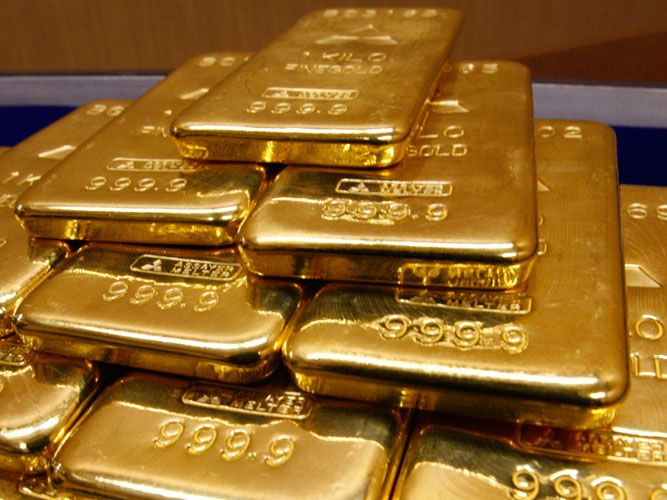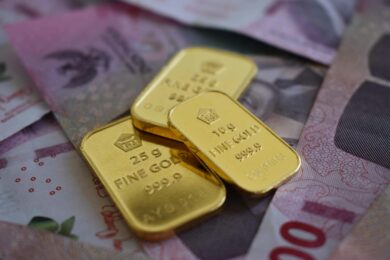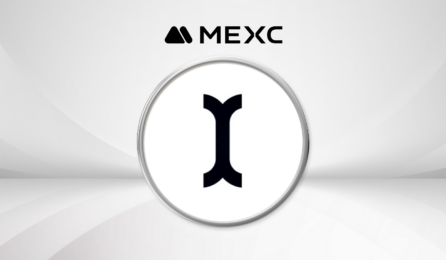
Does the Greek financial crisis correlate with the gold price?
Gold as an investment is often defined as a safe-haven, meaning an asset which retains most of its value in times of crises, investment insecurity and economic uncertainty.
All three of those conditions seem to apply to the current Greek debt crisis, prompting Capital Economics to explore the correlation between Athens’ woes and the demand for gold.
The research body recently used the price of gold futures to measure demand for the precious metal , while Greece’s situation was quantified by the Greek 10-year bond yield, with the control scenario being the standard, generally-accepted correlation between the US dollar, as measured by the US Dollar Index, and gold prices.
The report by Julian Jessop, Head of Commodities Research at Capital Economics, found that, the correlation between the 10-year Greek bond yields and gold prices has been more reliable in recent years than that of the inverted US dollar index to gold. When the dollar grew stronger in 2008, gold hardly inched lower, while the surge in the greenback in early 2010 coincided with a significant rise in gold prices. The most recent jump in the valuation of the US currency has hardly impacted the gold price, with the US dollar index adding nearly 20 percent since July, while gold has lost just 10 percent in the same period.
Movements in the 10-year Greek bond yields, however, have coincided with gold prices almost perfectly, with the notable exception of a strong divergence in late 2012.
Jessop claimed,
This relationship [between Greek bond yields and gold] has been more reliable than that between gold and the dollar.
Greece’s 10-year bond yields yesterday added one percentage point to 12.7 percent, amid fears that Greece is heading for a departure from the eurozone. That means Greek 10-year debt costs grew about 8.5 percent. Meanwhile, gold had hardly changed since yesterday, while the US had dollar dipped the most in a month.
Whether the relation between bond yields and gold prices is as strong as Capital Economic suggested or not will be evident soon, as disagreements between the cash-strapped nation and its creditors seem now more impassable than ever.
And Jessop’s prediction that gold will rise up to $1,400 by year-end could have been an ominously bad reading on Greece. The country has not secured any fresh financing and is facing maturing debt payments later in April, as well as in the following months.
More industry news







